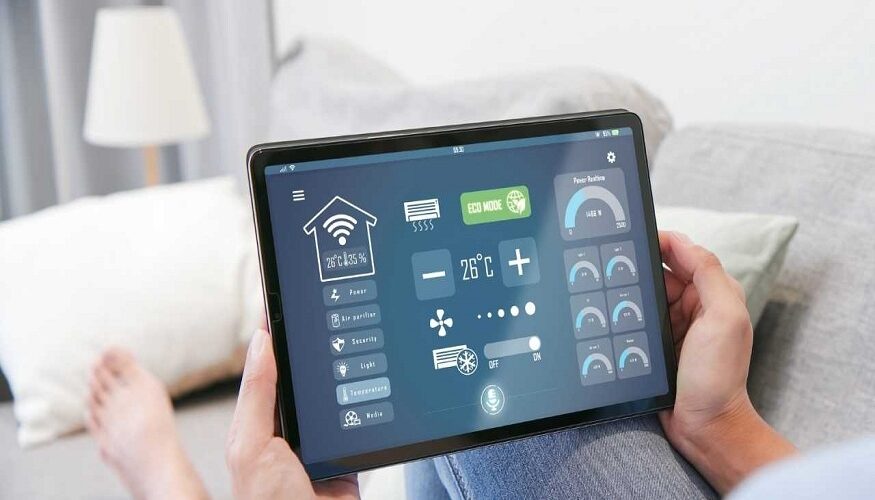General News Blog
My WordPress Blog
My WordPress Blog

Undoubtedly, temperature is the most used measurement metric in numerous fields and industries. Temperature is crucial to areas like the food industry, scientific sector, medical and pharmaceutical field, etc. Whether transporting food, medicine, or flowers, you want to ensure they get to the destination safely. Typically, temperature monitoring systems will be unique depending on the industry utilizing the service. This article outlines the fantastic benefits of temperature monitoring systems for hospitals you should know.
A temperature monitoring system involves a customizable design that allows you to document a particular space’s pressure, temperature, and humidity. The type of sensor you install in your temperature monitoring system is influenced by the aspect you wish to monitor. This technology allows you to monitor refrigerators, allowing you to know when they are out of range or damaged. You can set your systems to report after a certain period, and it will provide respective data points. All the generated reports can be exported or reported per your preference.
In the fast-evolving world, you want to operate with a temperature monitoring system that offers optimum performance. Usually, compliance teams conducting audits in different industries want to ensure each organization remains compliant even without human intervention. Temperature monitoring systems in hospitals ensure they stay compliant all through, thus preventing legal issues. Consequently, clients and investors in the healthcare industry feel more confident as they know their products are safe 24/7.
Generally, numerous requirements and regulations are associated with sectors that operate warmers, refrigerators, and freezers. The healthcare sector is no less, and these regulations are necessary for operations to occur. If real-time data collection is not maintained, this may cause breaches, which might result in ill health or patient death. Temperature monitoring systems in hospitals help identify when something goes wrong immediately. Therefore, actions can be taken to prevent further damage that may be irreversible.
Traditionally, the manufacturing industry utilized statistical process control to fine-tune and elevate outcomes in its processes. While it is relatively new, the healthcare industry has also adopted statistical process control. Besides, it is a highly sensitive industry that requires constant monitoring. Statistical process control allows specialists to get data they can analyze and utilize on their own terms to draw better conclusions.
Almost all healthcare sectors are obliged to validate their standard operating procedures annually. While the process is crucial, it can be tedious and create room for erroneous conclusions. The good news is that a temperature monitoring system allows automation of the methods, thus eliminating errors. Additionally, automation saves time, which could previously have been used to validate the job processes. Also, you can access data accurate data online. This helps fine-tune each outcome for every activity, thus enhancing efficiency.
Technology has positively impacted various industries, among them the healthcare sector. Today, hospitals operate better, thus boosting the recovery rate.